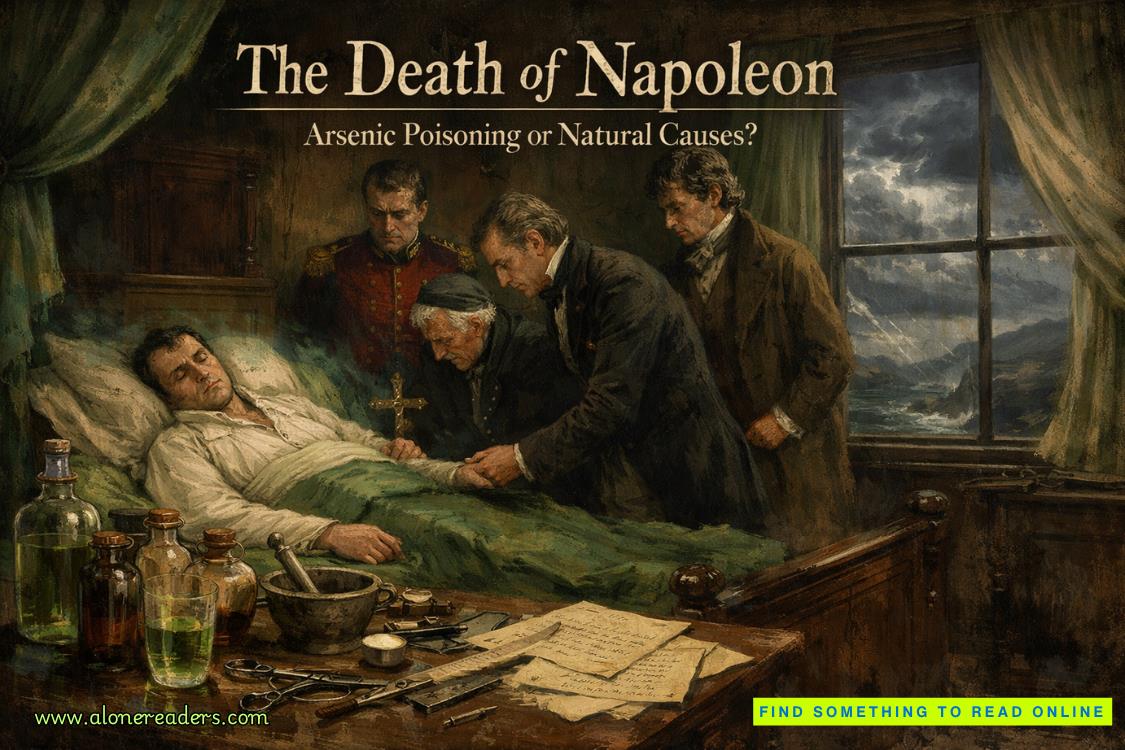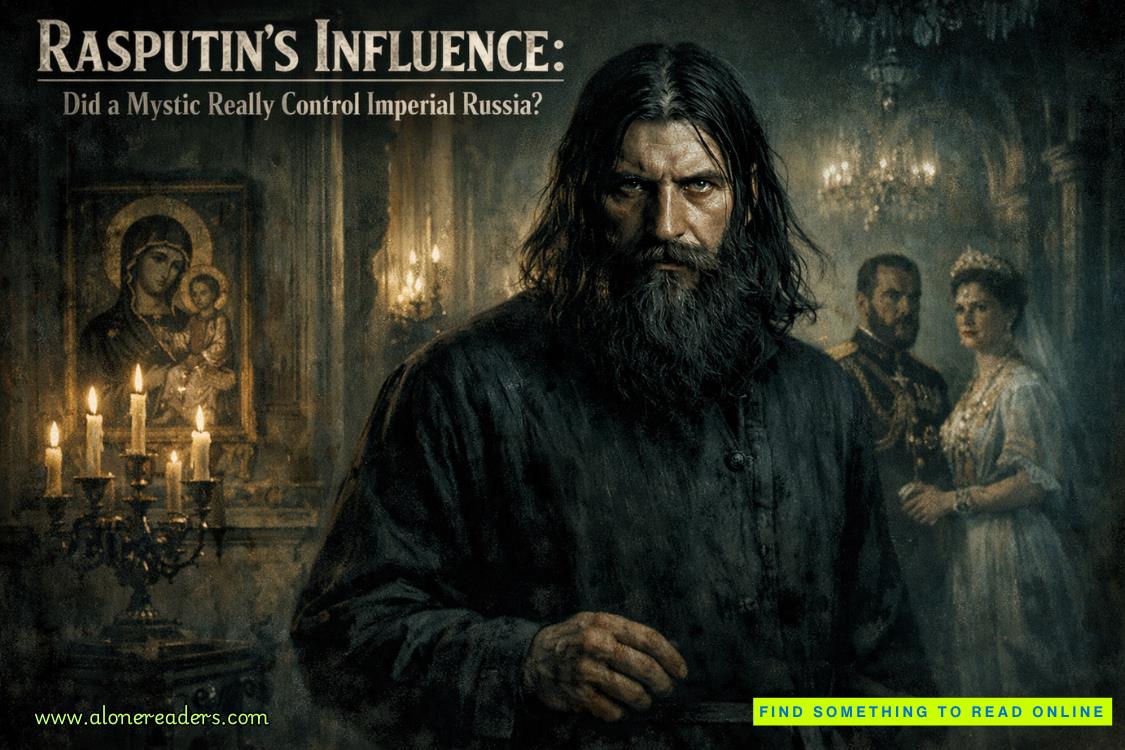I nodded.
We moved toward it, circling the tree line, my eyes on the horizon. I sensed nothing but wind and frostbite, but that didn’t mean no one was watching.
When we reached the edge of the structure, we ducked behind the rear wall. I pressed a hand to the boards. They were dry and felt solid.
No voices came from inside. There was no braying or shifting of animals on beds of hay.
Egret peered through a cracked window and gave a nod.
Inside, the air smelled of dust and damp wood. The place hadn’t held livestock in years. Cobwebs fluttered in the corners, draped across the rafters like brittle curtains. I swept the beam of my flashlight low, keeping it tight, careful not to spill light out the slats.
Egret stepped ahead of me toward a ladder that led to the hayloft above. He reached for one of the rungs, tested it with his boot, then pulled himself up a few steps.
And that’s when I heard it—the sudden sharp exhale.
“Shit.”
Egret was holding his hand, fingers curled around his palm like he was trying to keep something in.
I stepped closer. “What happened?”
“Nail,” he muttered through gritted teeth. “Rusty bastard hiding in the beam. Took a chunk.”
He moved to the side, into the moonlight slicing through a broken board, and uncurled his hand just enough for me to see. Blood dribbled from the base of his thumb, darker in the blue light, already staining the inside of his coat cuff.
I reached into my coat, pulled out a strip of gauze we’d used once and washed. It wasn’t ideal, but it would have to do.
“Let me—”
“I’ve got it,” he snapped, then winced.
“Give me your hand. I’m already taken. You don’t have to worry about me making a move,” I repeated, softer this time.
He groaned through an eye roll but didn’t argue again.
I wrapped the cloth tight around his hand and tied it off with a practiced knot. It would hold for now.
We returned to searching the barn, Egret stepping into and out of stalls, while I scanned the loft from below as best I could. Dark corners held secrets I couldn’t uncover without risking the same spike that had speared Egret. We’d have to discover those when the sun rose.
Then I realized what was missing.
“There aren’t any tools,” I said, turning Egret’s head. “Have you found any? There’s not even a pitchfork for the hay . . . and there isn’t much hay, certainly not enough for animals in a cold climate.”
I felt a little silly talking about farm life. I was a city boy through and through. Still, I had an eye for detail, and that one feltoffsomehow.
Once we were certain the place was empty, Egret leaned against the far wall and spoke. “Doesn’t look like anyone’s been in here in a while. Good on ya, spotting the missing tools. There’s no storage shed outside, so I would bet this place is abandoned, has been for some time.”
“It’s still cold, but at least there’s no wind. If we’re lucky, we might find blankets up there,” I said, pointed at parts of the loft hidden in darkness my gaze couldn’t penetrate. “We can rest here, keep everyone out of sight tomorrow. Move again by dusk.”
He nodded.
But the quiet didn’t settle right. There was something else pressing at me, tightening like a rope I didn’t remember tying.
“We need to talk,” I said.
Egret raised a brow. “About the hay quality?”
“About Budapest. About the machine.”















